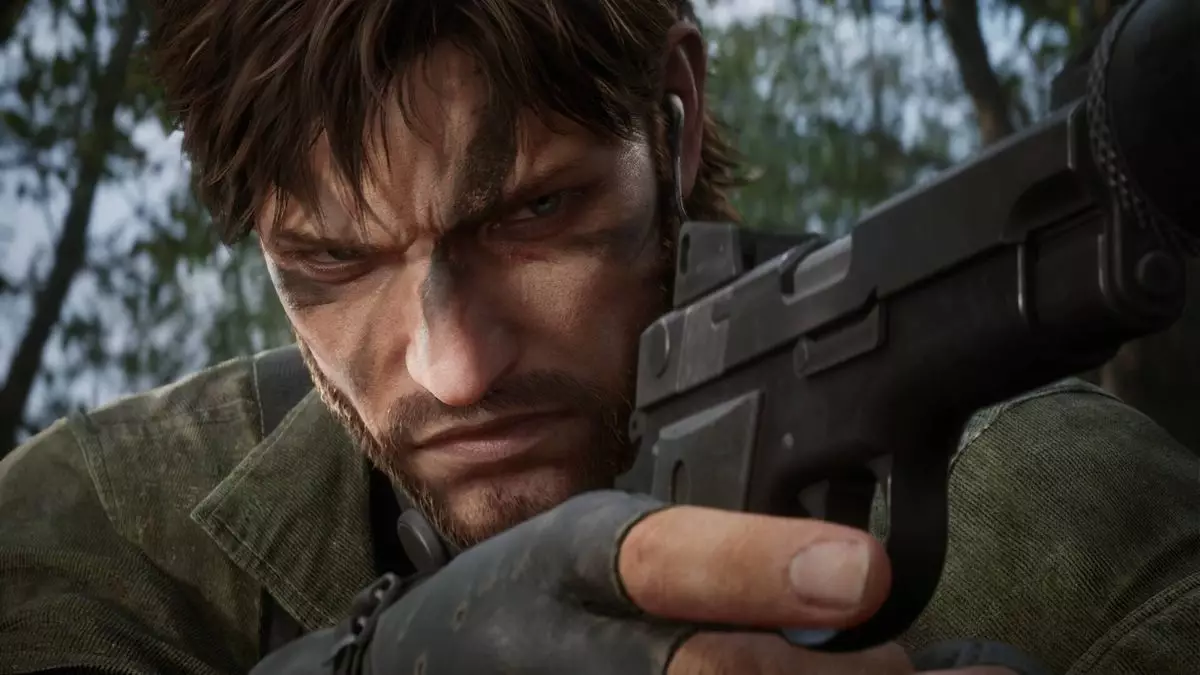The Metal Gear series has long been considered a pillar of the gaming community, with its intricate storytelling, innovative game mechanics, and memorable characters, especially Solid Snake. However, as time progresses, it becomes increasingly evident that newer generations of gamers may not share the same deep-rooted connection to this iconic franchise. This realization has reportedly prompted Konami and its team to carefully consider their approach to the upcoming Metal Gear Solid Delta—a remake of the classic title *Snake Eater*. As articulated by series producer Noriaki Okamura in an interview, the decision to embark on this remake is primarily driven by the awareness that many young players are unfamiliar with Metal Gear.
With the original *Snake Eater* debuting over two decades ago and a noticeable absence of new mainline entries since 2015, it stands to reason that the latest cohort of gamers might not have had the chance to engage with the series. The reality is stark: nostalgia becomes secondary to an entire generation focused on newer franchises and gaming experiences. Okamura’s comments underline a crucial acknowledgment that preserving the legacy of Metal Gear is not merely about nostalgia for older fans, but about making this complex narrative and its themes accessible to a wider audience.
In Okamura’s views, the responsibility of continuing the Metal Gear legacy is paramount. He emphasizes a sense of duty to ensure that the series does not fade into obscurity, stating, “It was basically our mission, our duty, to kind of continue making sure that the series lives on for future generations.” This mindset expresses a commitment to bridging the gap between the past and the future of gaming, and it sheds light on the importance of keeping beloved franchises relevant and educational for younger audiences. The intricate plots, political commentary, and philosophical undercurrents embedded in *Metal Gear* narratives offer significant cultural reflections deserving of appreciation.
One intriguing shift in strategy is Konami’s decision to omit the numbering convention in favor of the Greek letter delta. This bold move underlines not just a marketing strategy but a key gaming philosophy—the desire to refresh the brand while acknowledging its historical roots. By starting the remake journey with the third installment, the team aims to capture the broader narrative threads of the series, thus allowing newcomers to dive into the storytelling from a foundational point. Okamura’s candid remarks about the uncertainty surrounding younger gamers’ familiarity with Solid Snake hint at the need for reconnection, as much as for reinvention.
Ultimately, the future of the Metal Gear series appears to be a balancing act between honoring the rich tapestry woven over decades and enticing a newer audience to embark on their own adventures in its universe. It is a challenge that demands not only creativity but also a clear vision for how these stories can resonate with players who may have never encountered them before. As the industry continues to evolve, the question remains: Can the Metal Gear philosophy find a new voice that speaks to the aspirations and sensibilities of today’s gamers? Only time will tell.

